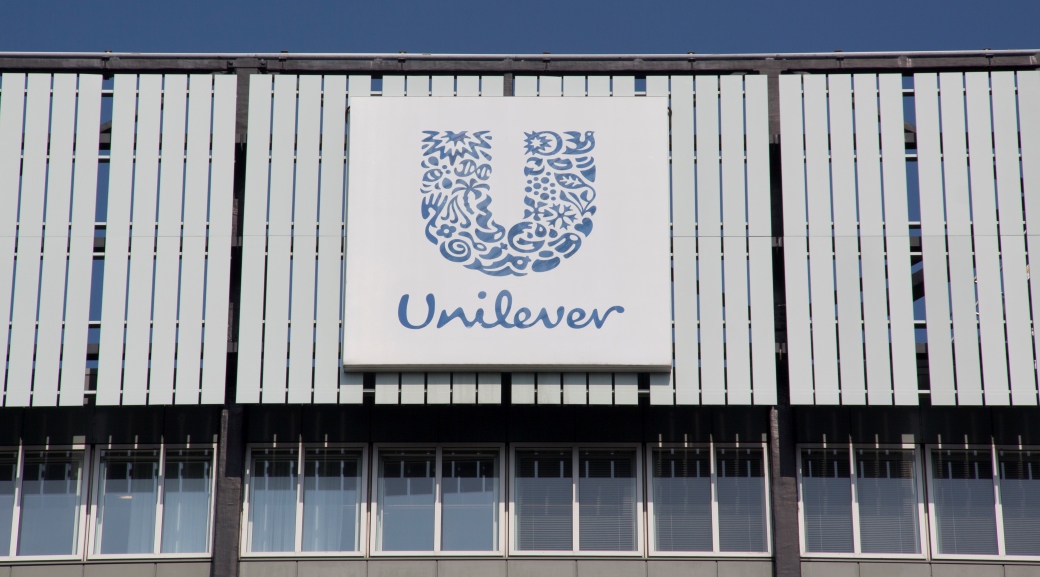Prestige beauty sales have taken a tumble during the coronavirus crisis.
LVMH, the world’s largest luxury goods company, for example, has reported a 29 per cent drop in perfume and cosmetic sales during the first half of the year for its 14 upmarket brands, including Christian Dior, Givenchy, Benefit Cosmetics and Make Up For Ever.
By contrast, mass brands have suffered less and several categories such as nail, hair and skincare have grown strongly in major markets, reports the NDP Group, as more consumers look for savings and trim their beauty budgets.
Personal care giant Unilever has reported a 10 per cent increase in net income for the first half of 2020 to 3.5 billion euros (AUD$5.77 billion).
Net sales were 25.7 billion euros (AUD$42.9 billion) for the first six months of the year – a decrease of 1.6 per cent from 2019.
Beauty and personal care is the multinational’s largest division, generating net revenues in the first half of 10.6 billion euros (AUD$17.48 billion) – a slight dip of 0.3 per cent over the same period last year.
Revenues were divided between personal care, including power brands like Dove, Vaseline and Tresemme, at 7 billion euros (AUD$11.48 billion), followed by hygiene at 4 billion euros (AUD$6.6 billion) and prestige beauty at 300 million euros (AUD$495.1 million) for brands including Dermalogica, Living Proof, REN and Murad.
Performance during the first half has shown the true strength of Unilever, said CEO Alan Jope.
“We have demonstrated the resilience of the business – in our portfolio, in a continued step-up in operational excellence, and in our financial position – and we have unlocked new levels of agility in responding to unprecedented fluctuations in demand.”

